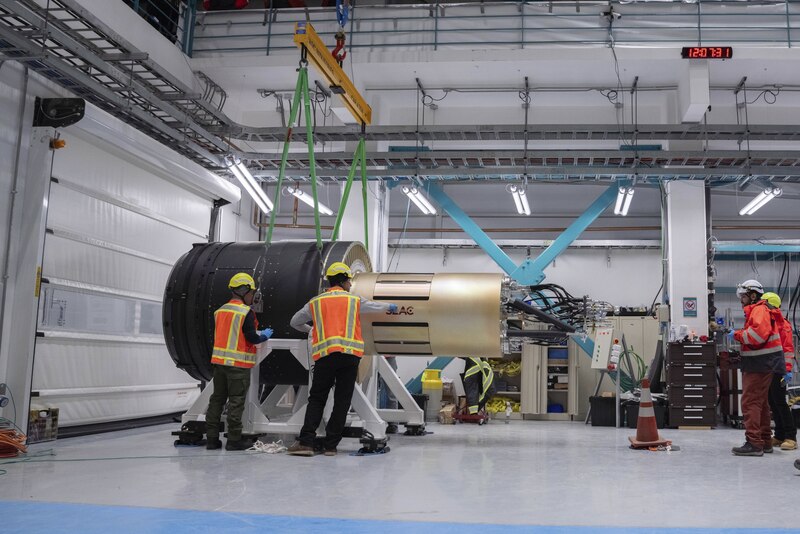Wheat Roots Actively Shape Microbial Communities for Crop Resilience

In a significant advancement for agricultural science, a collaborative study led by Tim C. Paulitz of the USDA Agricultural Research Service (ARS) and Olga Mavrodi from Washington State University reveals that wheat plants play an active role in shaping the microbial communities associated with their roots. The research, published in the Phytobiomes Journal on June 23, 2025, highlights how these interactions evolve over time and are influenced by environmental conditions, such as drought and irrigation.
The study was conducted at the Lind Dryland Research Station in central Washington, an area characterized by low annual rainfall, approximately nine inches. By employing next-generation DNA sequencing, the research team analyzed bacterial communities both in the rhizosphere—the soil surrounding the roots—and within the roots themselves. This comprehensive analysis spanned multiple seasons and involved comparing irrigated and dryland plots at various stages of wheat growth.
According to Dr. Olga Mavrodi, an Associate Professor at Washington State University, “The plant directs the assembly and composition of microbes on its roots, much in the same way the gut microbiome in humans is influenced by our diet.” The findings suggest that wheat plants selectively favor certain microbes depending on environmental stressors. Under dry conditions, specific microbial populations thrive, while others are favored in irrigated settings, indicating a complex and dynamic relationship between the wheat plant and its soil microbiome.
This research marks a notable departure from conventional short-term agricultural studies, providing insights into the long-term evolution of microbial populations through repeated cycles of tilling, planting, and harvesting. The ability to track these changes over extended periods offers a clearer understanding of how root microbiomes adapt to seasonal and environmental stresses.
The implications of this research are profound. By identifying microbial communities that are naturally suited to drought conditions, the study paves the way for enhancing wheat productivity and resilience, especially in water-limited regions. As Dr. Mavrodi notes, “This type of research takes time, teamwork, and patience. However, it provides insights that are directly relevant to how farmers manage their fields year after year.”
In conclusion, the collaborative efforts of USDA-ARS and university scientists signify a crucial step forward in agricultural biotechnology. Understanding the interplay between wheat roots and their microbiomes could lead to more effective crop management strategies that bolster food security in the face of climate variability. This study not only sheds light on the intricate relationships within soil ecosystems but also emphasizes the importance of long-term research in agricultural practices, potentially transforming how crops are cultivated under changing environmental conditions. As the global demand for food continues to rise, such innovations will be essential for sustainable agricultural practices.
Reference: Yang M, Schlatter DC, LeTourneau MK, et al. Eight years in the soil: Temporal dynamics of wheat-associated bacterial communities under dryland and irrigated conditions. Phytobiomes. 2025. doi: 10.1094/PBIOMES-02-24-0028-R.
Advertisement
Tags
Advertisement





